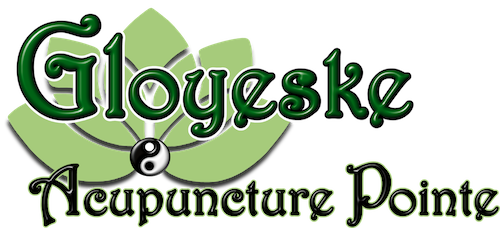While autoimmune disease may not be completely curable, removing the triggers can often lead to a significant reduction in symptoms. Autoimmunity is a condition where the body attacks itself. Some conditions that are autoimmune in nature are rheumatoid arthritis, psoriasis, and multiple sclerosis. I’ve put together some guidelines to address certain triggers in our diets and some lifestyle tips to, hopefully, help anyone struggling with autoimmune conditions. As always, speak with you primary doctor about your care and any questions you may have.
- Remove Foods That Trigger the Immune System
For autoimmunuty, I typically recommend a paleo-type of diet. I sometimes call it paleo/ mediterranean. The whole premise of these diets are based on eating whole foods, such as fish, well-raised red meat, chicken, healthy fats, and carbs low on the glycemic index. If you want to give this a shot, remove the following foods for 30 days and see how you feel:
- Eggs (both yolks and whites)
- Nightshades, fruits, and vegetables: potatoes, tomatoes, sweet and hot peppers,
eggplant, tomatillos, pepinos, pimentos, paprika, cayenne pepper (but not black pepper)
- Dairy products
- Nuts and seeds, including spices derived from seeds (Anise, annatto, caraway, cumin, celery seed, dill, fennel, fenugreek, mustard, nutmeg)
- Peanuts
- Gluten
- To be clear, these are all healthy foods when well-tolerated, but they may provoke or perpetuate inflammation in those with autoimmune disease. That said, not everyone with autoimmune disease will have trouble with them, so the key is to experiment to determine where you fall on that spectrum. Take them out for a full 30 days, then reintroduce them one at a time to see which ones you react to.
2. Supplement Wisely
• Reduced Glutathione – important for cellular health (100 mg)
• Protein – aim for at least 15 percent of calories as protein (75 grams on a 2,000- calorie
diet or 95 grams on a 2,000-calorie diet)
• Collagen-rich animal parts (skin, cartilage, and bone) – these foods contain glycine,
which is needed for glutathione synthesis and recycling
• Polyphenol-rich fruits and vegetables – berries, peaches, pears, pomegranates, purple
sweet potatoes, broccoli, garlic, cabbage, and spinach
• Selenium-rich foods – Ocean fish and poultry. Consume at least one pound of cold-water,
fatty fish per week, such as salmon, mackerel, herring, and sardines, or consider supplementing with a high-quality fish oil. • Vitamin D – The best food sources of vitamin D are cod liver oil, cold-water fatty fish, and pastured duck and chicken eggs. Make sure you’re regularly eating some of these foods, or consider supplementing.
• Magnesium – Take 400-800mg, a magnesium deficiency may cause increased production of inflammatory chemicals in the body, raising your inflammation contributing to autoimmunity.
3. Recover with Exercise and Acupuncture
• Exercise – Regular aerobic exercise and strength training have been shown to increase glutathione levels in both healthy and sick people. Exercise also releases chemicals called endorphins. Endorphins are similar in chemical structure to morphine and opium, and they’re responsible for the “runner’s high” that some people experience with intense exercise. However, we now know that endorphins also play an important role in regulating the immune system. Endorphin levels are low in animals with autoimmune disease, and medications that increase circulating endorphin levels improve autoimmune disease in humans.
• Acupuncture – There are two primary types of immunity: cellular and humoral. Cellular immunity is our first line of defense against pathogens like viruses and bacteria. It includes immune cells that directly attack and destroy these pathogens, regardless of whether or not the body has seen them before. Humoral immunity is our second line of defense. It involves immune cells that produce antibodies, which bind to specific pathogens that the body has been exposed to in the past. In autoimmune disease, there is often an imbalance between the cellular and humoral branches of the immune system, and acupuncture has been shown to restore that balance.
• I hope this info helps! If you’re curious what a paleo-type of diet looks like, then follow this link: https://www.healthline.com/nutrition/aip-diet-autoimmune-protocol-diet
